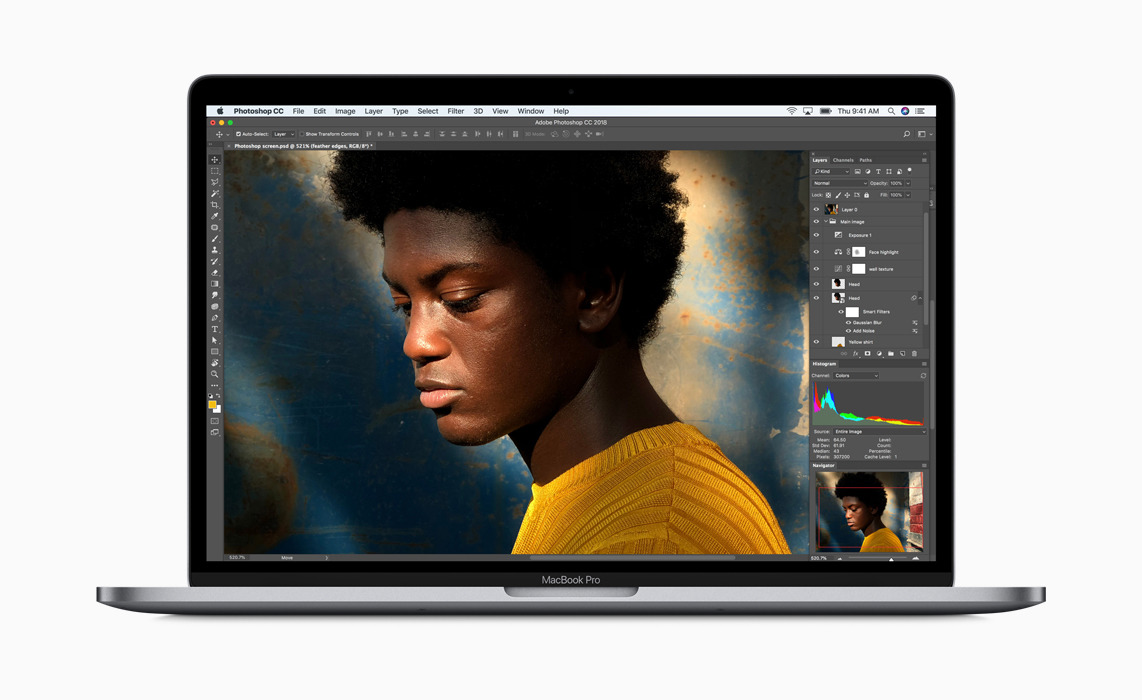Intel is reportedly outsourcing some of its 14-nanometer chip production to Apple's iPhone and iPad chip manufacturer because of high demand, as it continues to have problems shifting to 10nm fabrication.
TSMC will handle production of the H310 and "several other 300 series chipsets," DigiTimes said on Monday, citing industry sources. TSMC already builds some components for Intel, but mainly things like systems-on-chip for phones.
Intel is claimed to be falling short of 14-nanometer demand "by as much as 50 percent," and turning to outsourcing as an alternative to expanding its own capacity. Motherboard makers are expecting improved supply by the end of 2018.
Reacting in a statement, Intel did not explicitly confirm or deny the situation.
"In response to the stronger than expected demand environment, we are continuing to invest in Intel's 14nm manufacturing capacity," the company told Tom's Hardware.
The reason for the crush is likely Intel's delayed switch to 10-nanometer chips. Mass production was originally meant to start in 2016, but now the company is only targeting the fourth quarter of 2019.
The 300 series chipsets referred to by both DigiTimes and Tom's Hardware represents more than just the PCH, but also Intel's new Coffee Lake processors. The H310 chip itself is relatively simple and has been suffering shortages since May, which could make it a candidate.
Supporting claims of tough supply from Intel are rising prices for cheaper processors, and the high-end Core i7-8700K going in and out of stock at retailers.
Apple is expected to use Coffee Lake processors wherever it can for the foreseeable future, and may announce new Macs with them at its Sept. 12 press event.
 Roger Fingas
Roger Fingas








 Charles Martin
Charles Martin
 Christine McKee
Christine McKee
 Wesley Hilliard
Wesley Hilliard
 Malcolm Owen
Malcolm Owen
 Andrew Orr
Andrew Orr
 William Gallagher
William Gallagher
 Sponsored Content
Sponsored Content







34 Comments
You'd think that Intel with its massive revenues would have money to recruit talented engineers but they have come up with dismal results. It's time for them to re-evaluate their team of engineers.
Experts say Intel's fab/transistor tech at 14nm is close to 10nm from others but it seem ironic that how Intel who was way ahead of others in minimizing node size in chip fabrication fell behind. My hope is somehow Intel pulls off 10nm by 2nd half of next year and confident of 7nm in next two-three years.
The once mighty Intel. Who would have thought it would end like this. There's a great documentary on Prime about the beginnings of Silicon Valley and William Shockley, the inventor of the transistor. He founded Shockley Semiconductor which spawned Fairchild Semiconductor, which spawned Intel, founded by Gordon Moore and Robert Noyce. Moore and Noyce were recruited by Shockley when he started Shockley Semiconductor. A group of engineers that included Moore and Noyce left Shockley and started Fairchild Semiconductors. Later Moore and Noyce left Fairchild to start Intel.
If Intel dies ,will Windows die?